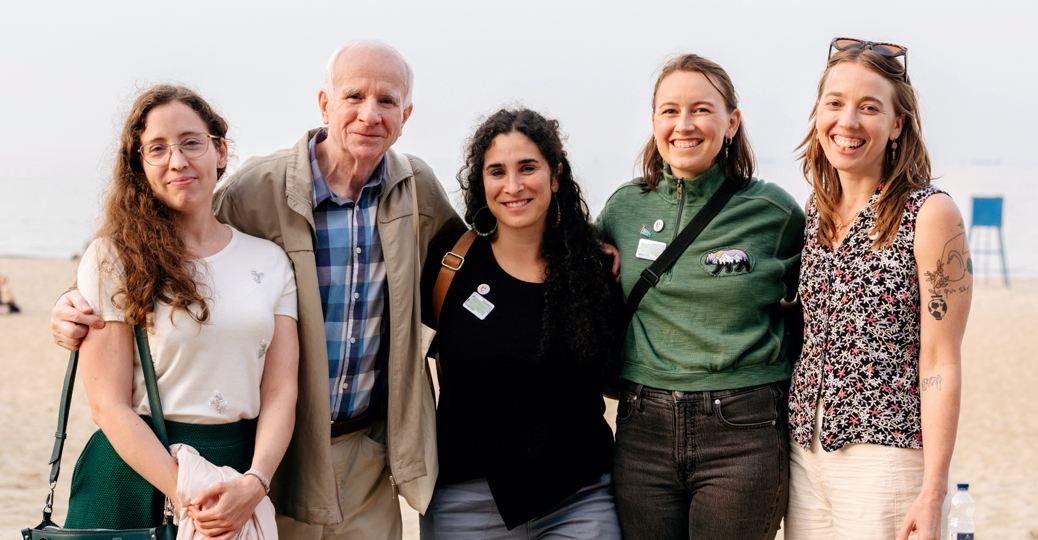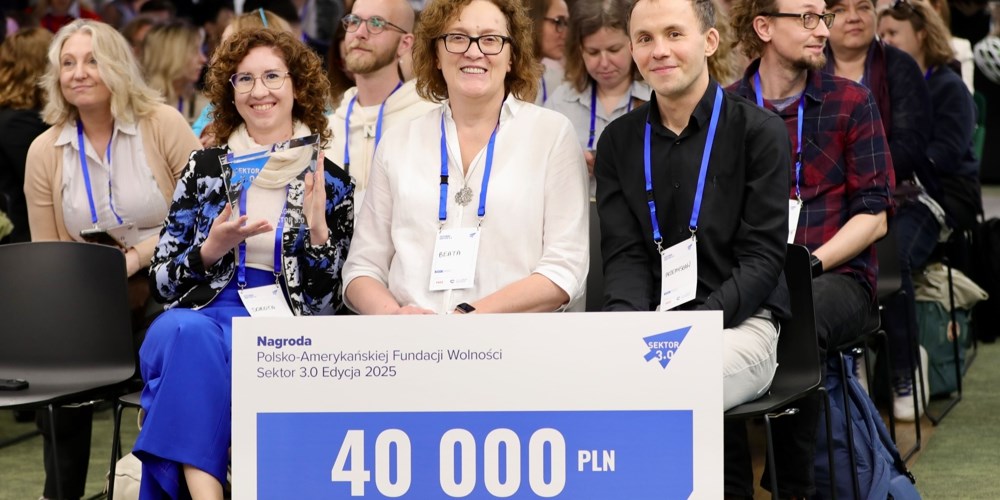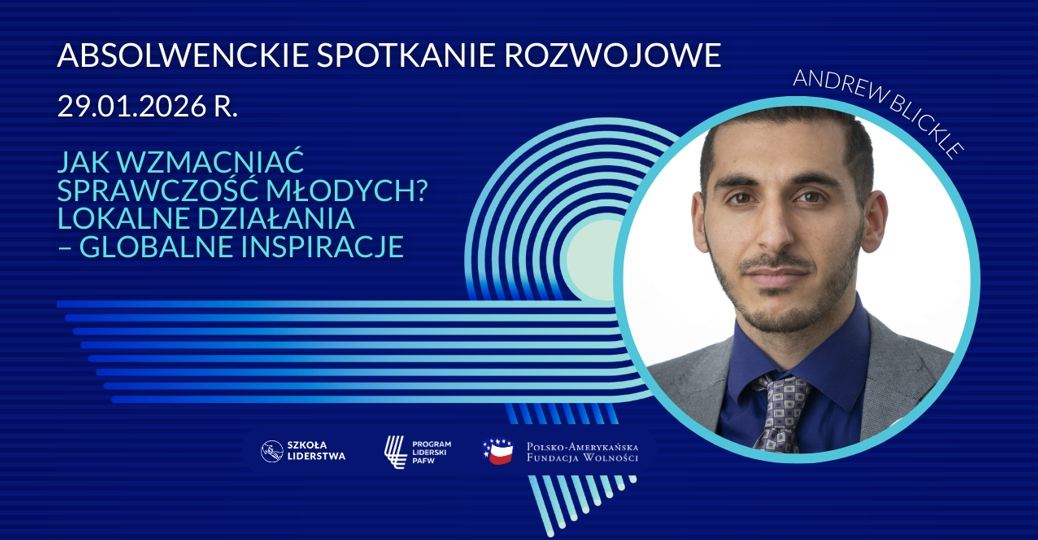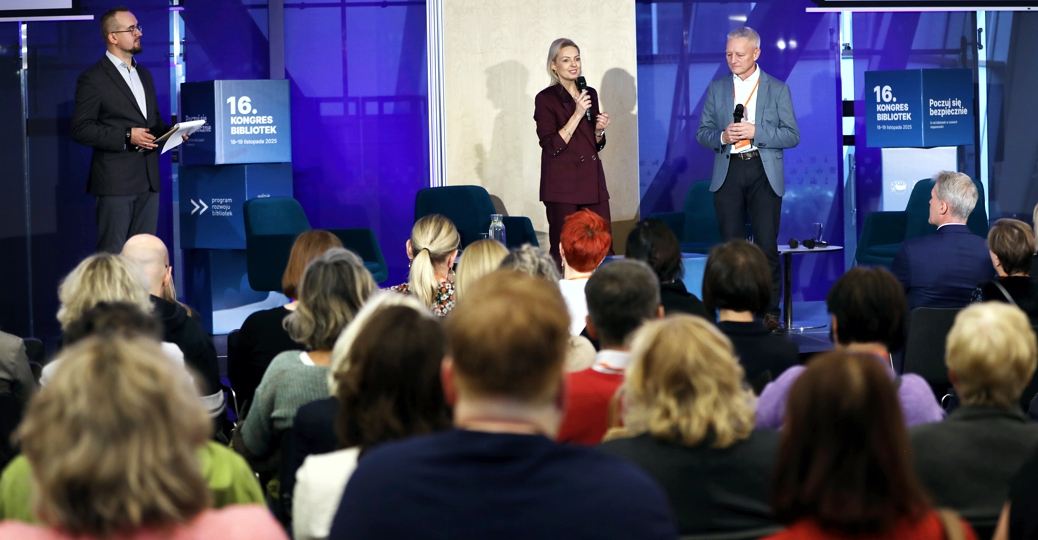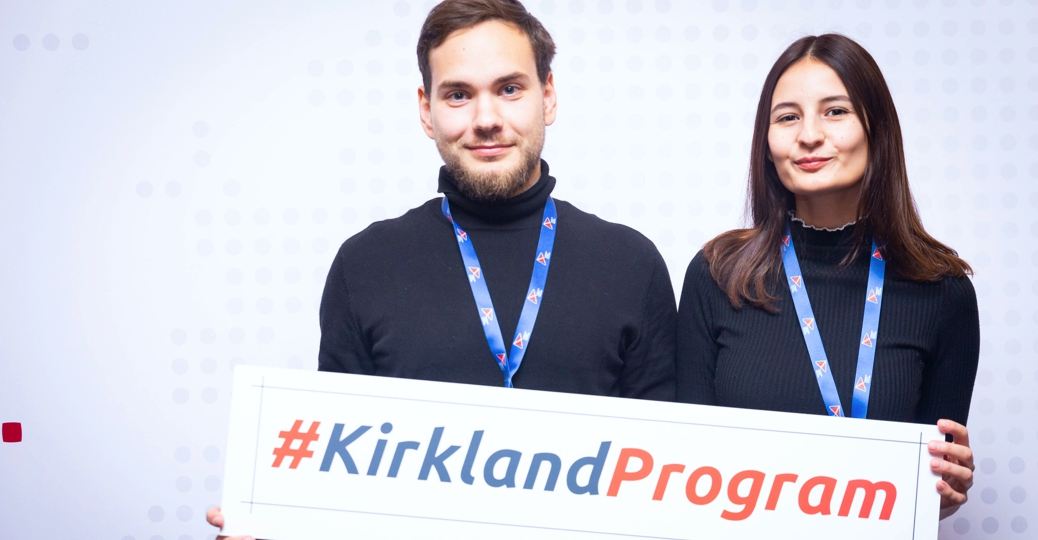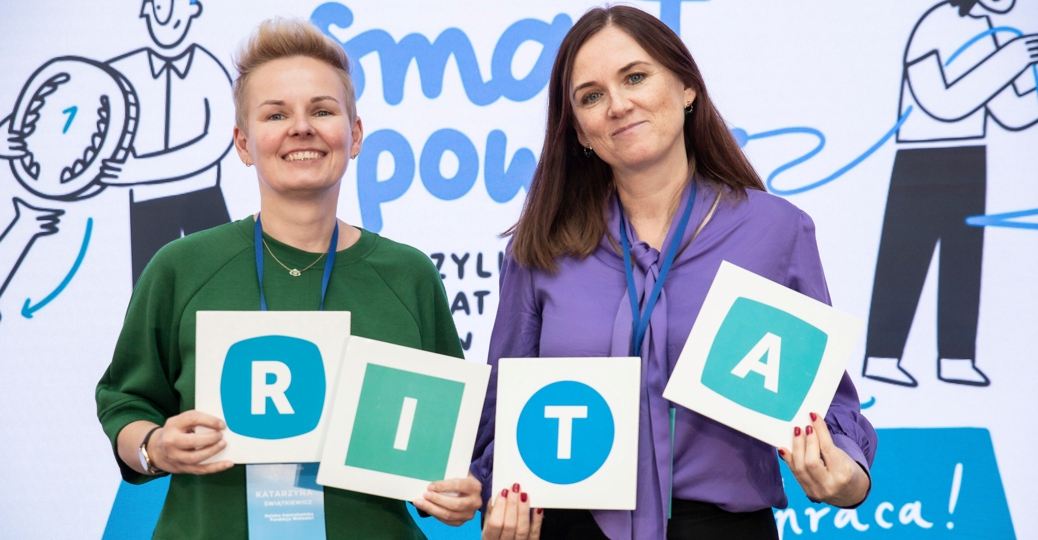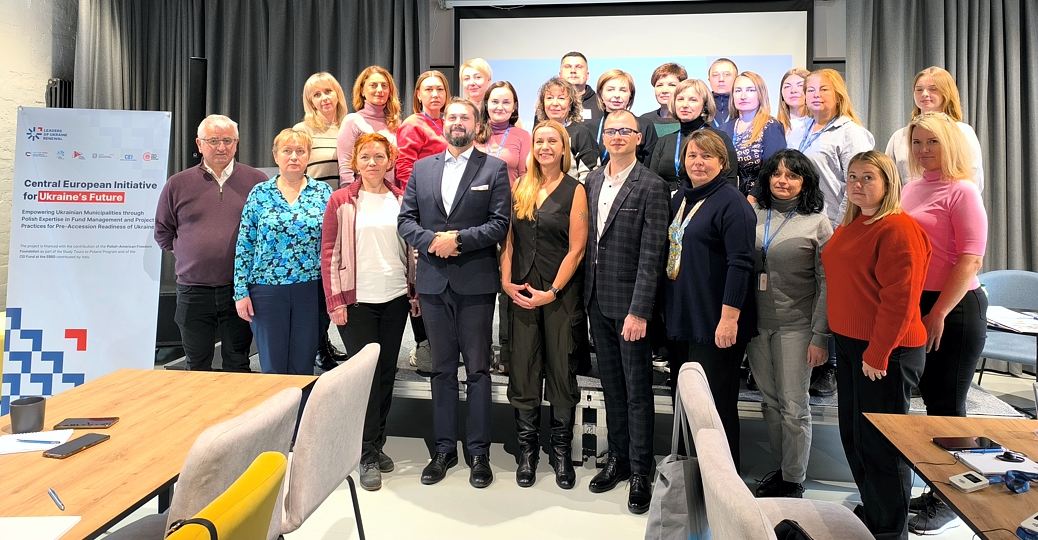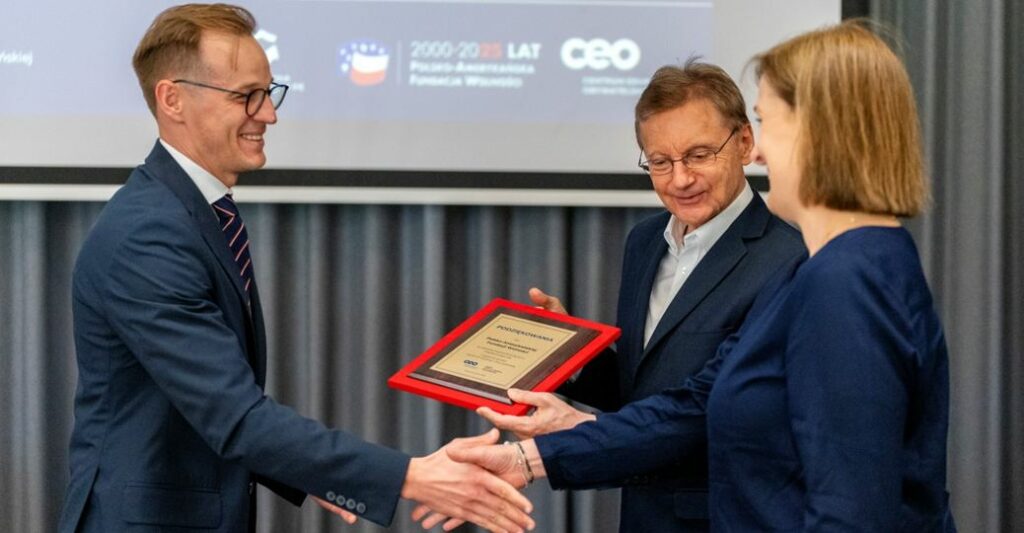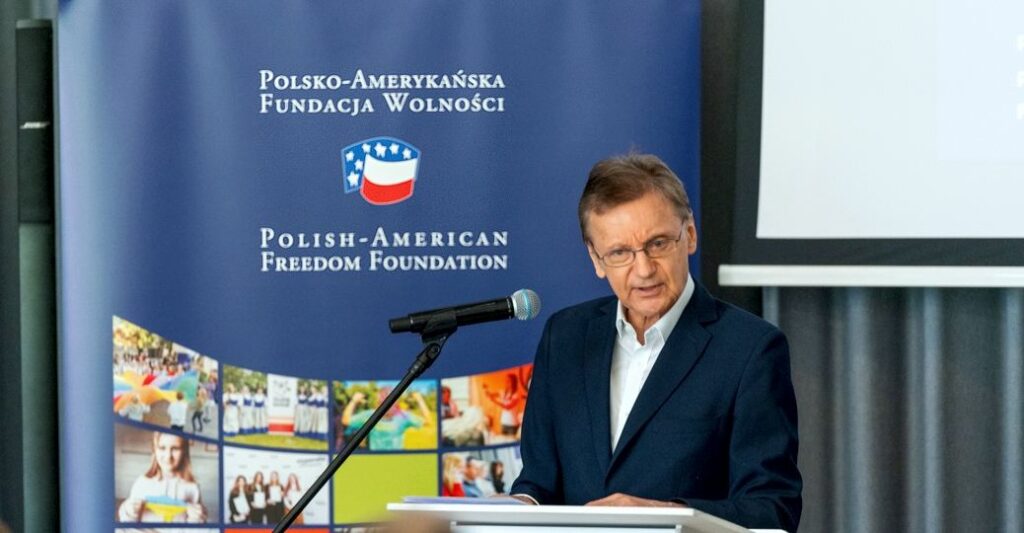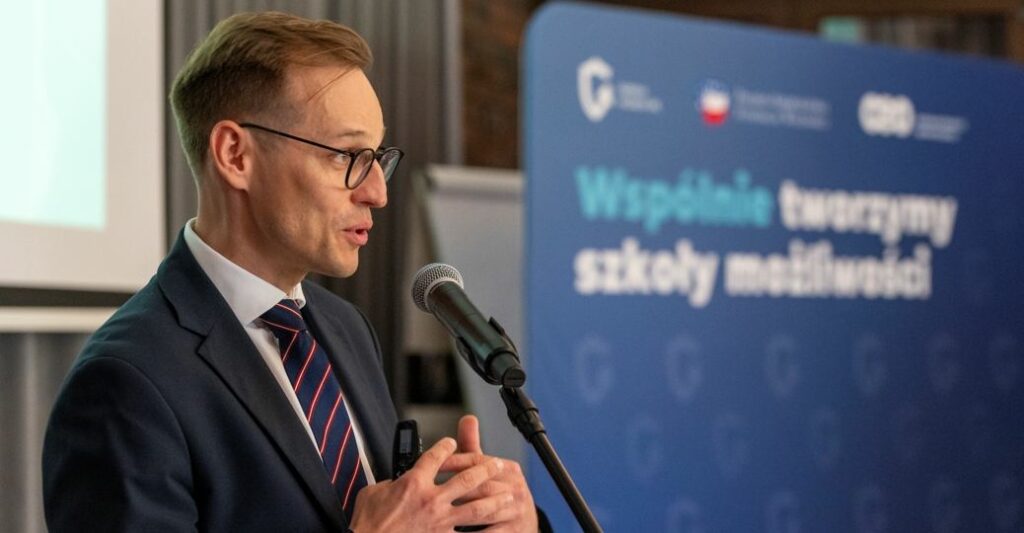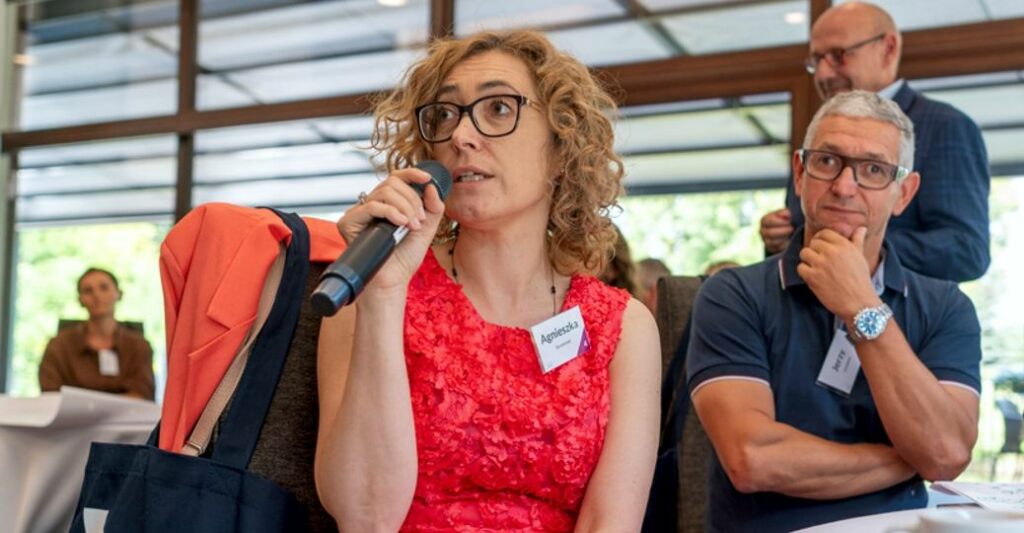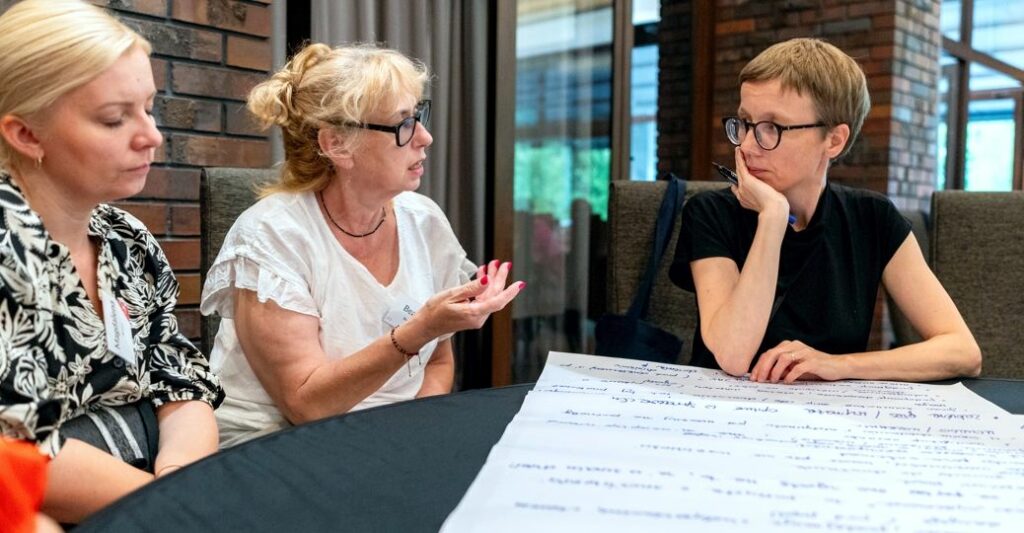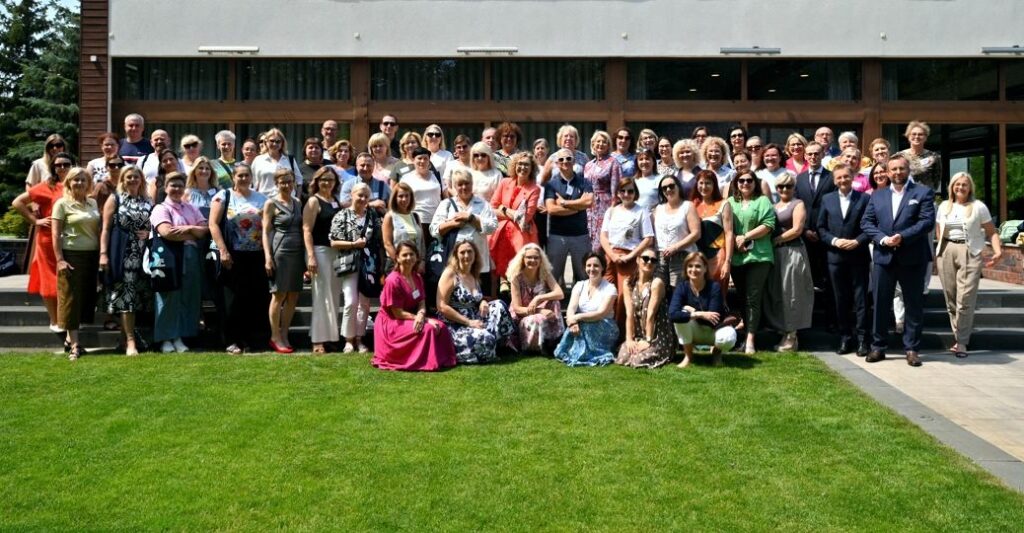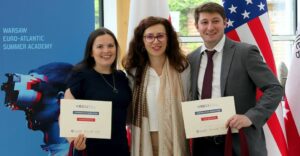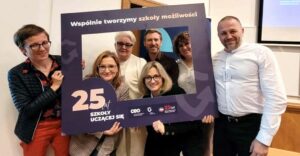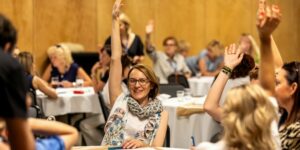"What makes the ‘Learning Schools’ program so effective for 25 years? It is thanks to the strong partnership between Polish-American Freedom Foundation and the Center for Citizenship Education Foundation, based on research, inspiration, and the real needs of schools," said Marianna Hajdukiewicz, PAFF Program Director, during the Summer School for LES Directors.
The meeting took place in Przygonie on July 3-4, 2025, and was attended by nearly 100 school directors from all over Poland. This year’s event focused on the 25th anniversary of the “Learning Schools” program, managed by the Center for Citizenship Education Foundation in cooperation with Polish-American Freedom Foundation.
The meeting was officially opened by Ambassador Jerzy Koźmiński, President of Polish-American Freedom Foundation. In his speech, he emphasized the role of the program in the transformation of Polish education:
“The ‘Learning Schools’ program is celebrating its 25th anniversary this year, as is Polish-American Freedom Foundation. This coincidence is not accidental. LES was one of the first initiatives launched by PAFF a quarter of a century ago. Since then, it has been constantly developing, improving and, as its name suggests, learning, responding to the changing needs of schools, teachers, and students. The program not only effectively supports the improvement of teaching quality and strengthens the autonomy of teaching councils but also develops the managerial skills necessary to run modern, open schools. Its impact extends far beyond the walls of individual institutions—it is felt in local communities and brings real value to the education system in Poland,” said Jerzy Koźmiński.
Dr. Jędrzej Witkowski, President of the Center for Citizenship Education Foundation, discussed the importance of agency and a sense of belonging in building a school community: “The Polish-American Freedom Foundation is not only the most important partner of the Center for Citizenship Education Foundation. It is, I have no hesitation in saying, the most important and greatest friend of our foundation. It is thanks to PAFF’s long-term, responsible support that we are where we are today as the largest non-governmental organization involved in education in Poland. It is thanks to PAFF and the personal commitment and support of the Ambassador that we, as CEOs, have been able to respond to the most urgent needs of schools—for example, during the pandemic or when admitting students from Ukraine to schools.”
Participants took part in several working blocks:
- Analysis of ways to build a school’s brand and identity.
- Word Café sessions on impact, change, and limitations.
- Workshops on conducting difficult conversations with a vision of the goal.
A panel of practitioners presenting examples of implementing agency in various institutions.
During the conference, the newly appointed Expert Council of the “Learning Schools” program was presented. Its members are:
- Magdalena Swat-Pawlicka, University of Warsaw and PAFF School of Education
- Dr. Jędrzej Witkowski, the Center for Citizenship Education
- Dr. Igor Bykowski, Superintendent of Schools in Wielkopolska
- Joanna Berdzik, Good Education Institute
- Przemysław Kluge, expert on the development of LES directors
- Sylwia Żmijewska-Kwiręg, Head of the “Learning Schools” program
- Iwona Kluge, expert on comprehensive school development
- Marianna Hajdukiewicz, PAFF Program Director
- Dr. Grzegorz Mazurkiewicz, Jagiellonian University
- Małgorzata Żytko, University of Warsaw
The Council will support development of the program, adapting it to the current needs of schools and educational communities.
Comprehensive action to improve Polish education, using the best international standards, has been carried out under the “Learning Schools” program since its launch in 2000. The quality of schools improves mostly thanks to training delivered to teachers and headmasters, in rural areas and small towns in particular. The quality of schools’ work is being improved mainly through training for teachers and school directors, especially those from rural areas and small towns. In the course of 25 years the program gathered some 12,000 schools, of which 1,600 participated in its core operations that aimed to introduce formative assessment. Nearly 200,000 teachers and nearly 11,000 school principals benefited from various “LES” components.









